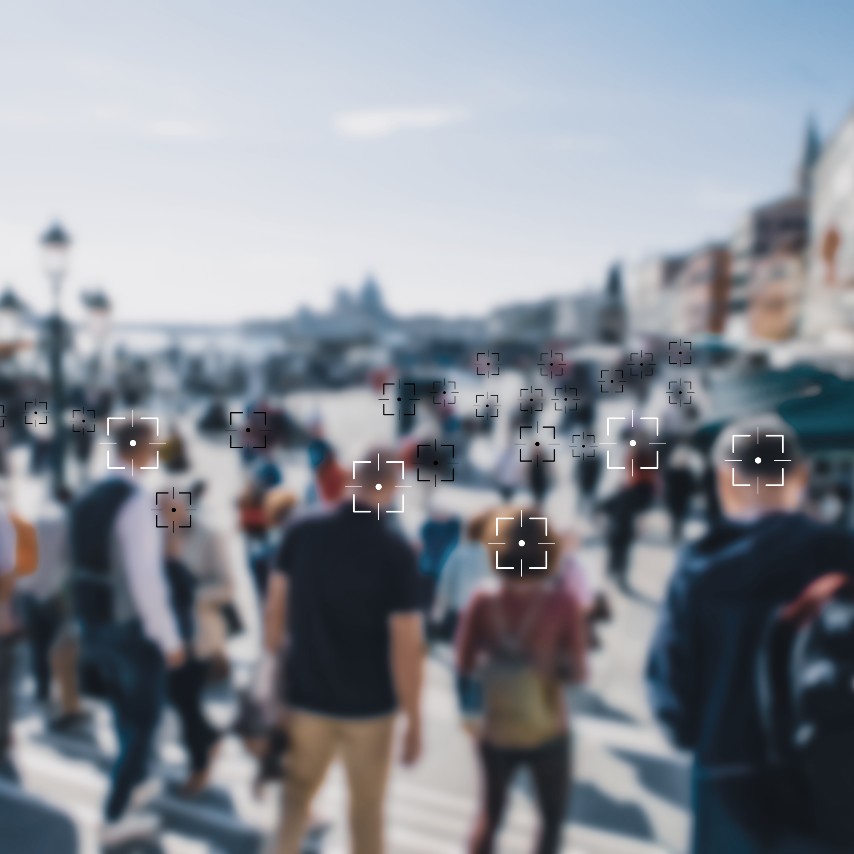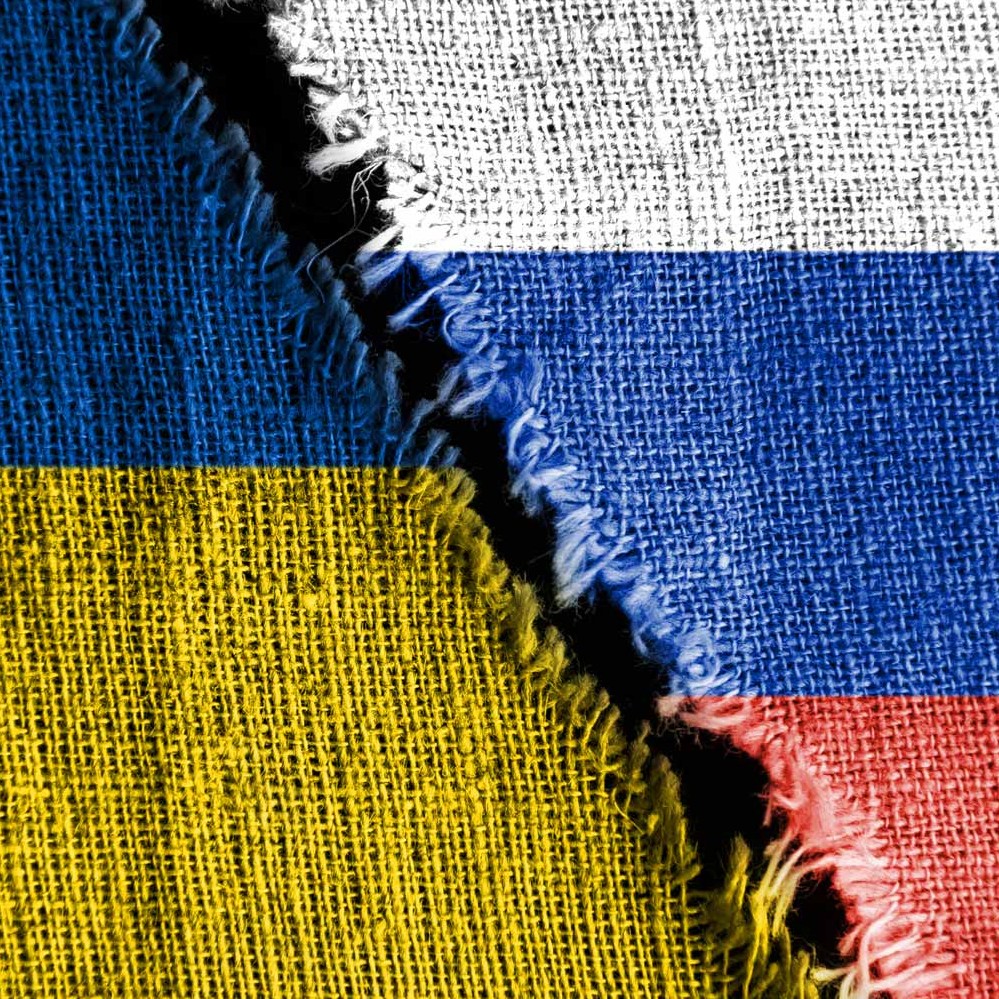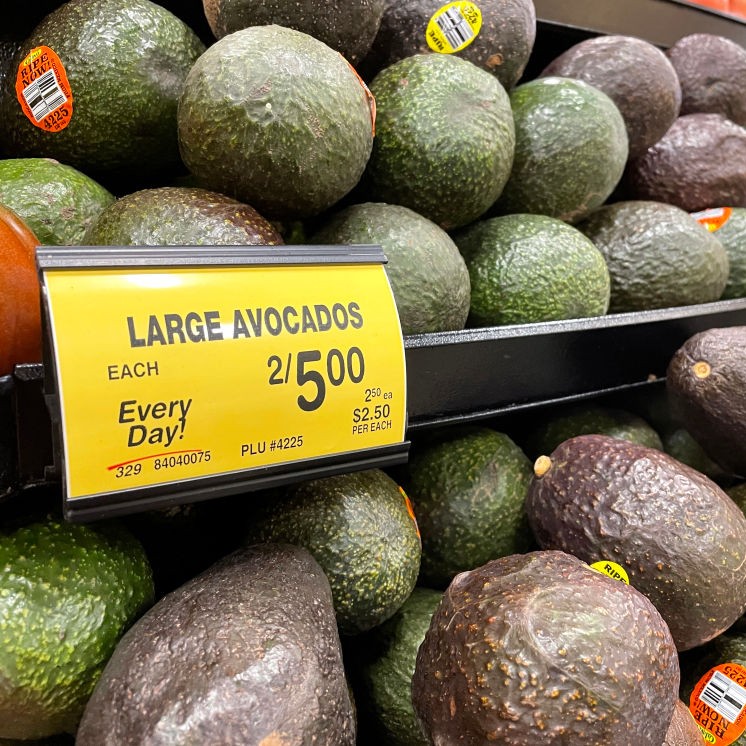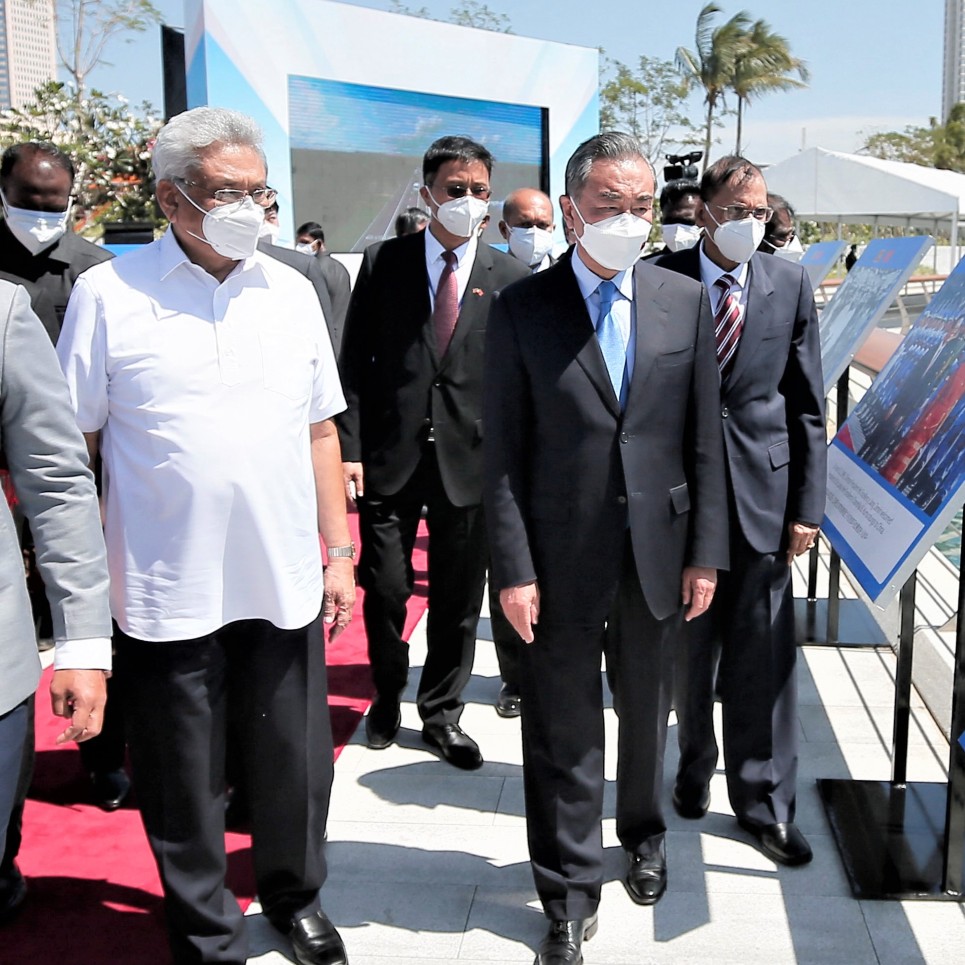Facial recognition is becoming more and more common throughout several different industries. Whether it is companies using it for marketing, law enforcement using it to identify suspects, or tech companies to unlock devices easily, facial recognition is seen almost everywhere in our lives. Companies like Apple, Lowe’s, Albertsons, Macy’s, and Ace Hardware already use the technology, while places like Walgreens, McDonald’s, 7-Eleven, Best Buy, Kohl’s, Starbucks, and Ross are just a few among the ones that might use it in the future. It is not only seen in a variety of companies, but The Interpol Face Recognition System (IFRS) also has a database that spans more than 179 countries. The big question remains: should facial recognition be implemented in a war zone?
globalEDGE Blog - By Author: Meghana Seetha
Publish Date:
Following its invasion of Ukraine, Russia enacted a law that threatens prison time for anybody who publishes what officials believe to be misleading or false information regarding the invasion. This law states that people found guilty of knowingly disseminating what Moscow deems false information about using Russia’s armed forces would face up to 15 years in prison or a fine of up to 1.5 million rubles, roughly equivalent to $14,000. After this, TikTok blocked new material from Russia on Sunday, and Netflix Inc. paused its service there.
Publish Date:
From being on a variety of toast to a great addition to smoothies, avocados have become a popular ingredient in Americans' diets. However, this staple piece may become more difficult to find and more expensive to buy after the United States decided to ban all imports of avocados from Mexico temporarily. This ban stemmed from a verbal threat made to U.S. safety inspectors. While these threats were not made public, interest from drug cartels have made their way into the avocado industry and continually find methods that broaden their illegal income streams.
Publish Date:
Sri Lanka is struggling to pay for imports due to a worsening debt crisis, which has sparked political controversy with the Chinese government. Following criticism from Sri Lanka’s ruling party over China’s loans for a series of big infrastructure projects, Sri Lankan President Gotabaya Rajapaksa had warned that the country had a lack of foreign-currency reserves to pay for necessary imports such as fuel, medicines, foods, and industrial raw materials.






